Are Opossums Dangerous? Unveiling the Truth
In a world obsessed with the glamour of the lion's kingliness, the elegance of the gazelle's leap, and the cuddly charm of the panda, there lives a misunderstood, often overlooked, and frequently maligned creature: the opossum (Didelphidae). But are these misunderstood marsupials genuinely dangerous, or are they just another victim of bad press, much like the underappreciated fruitcake of holiday treats? Let's look at the opossum's enigmatic world, shall we?
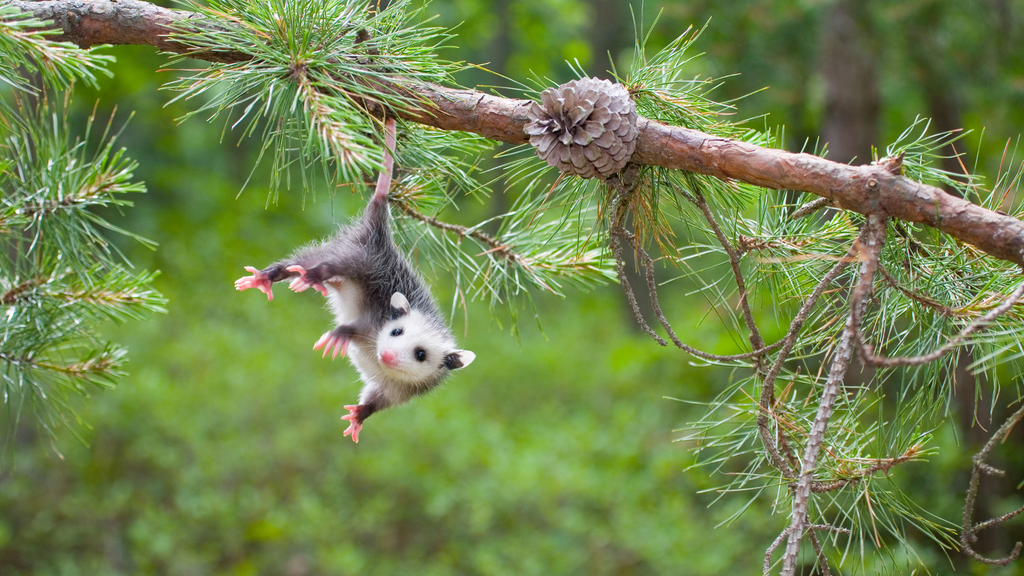
First, the opossum, or possum for the casual conversationalists among us, might not win any beauty contests in the animal kingdom anytime soon. With their scraggly fur, rat-like tail, and a snarl that could give a Halloween decoration a run for its money, it's no wonder they are typecast as the villains in the urban wildlife saga. But hold onto your hats (and your preconceived notions) because these critters are about to get a major image overhaul.
The Opossum: Nature's Misunderstood Janitor
Picture this: it's the dead of night, and the opossum is hard at work, patrolling your garden for pests, leftovers, and any undesirable bits and bobs. These creatures are nature's cleanup crew, feasting on dead animals, overripe fruits, insects, and even pesky ticks. Imagine them as the diligent janitors of the ecosystem, except they work for free and don't require a uniform.
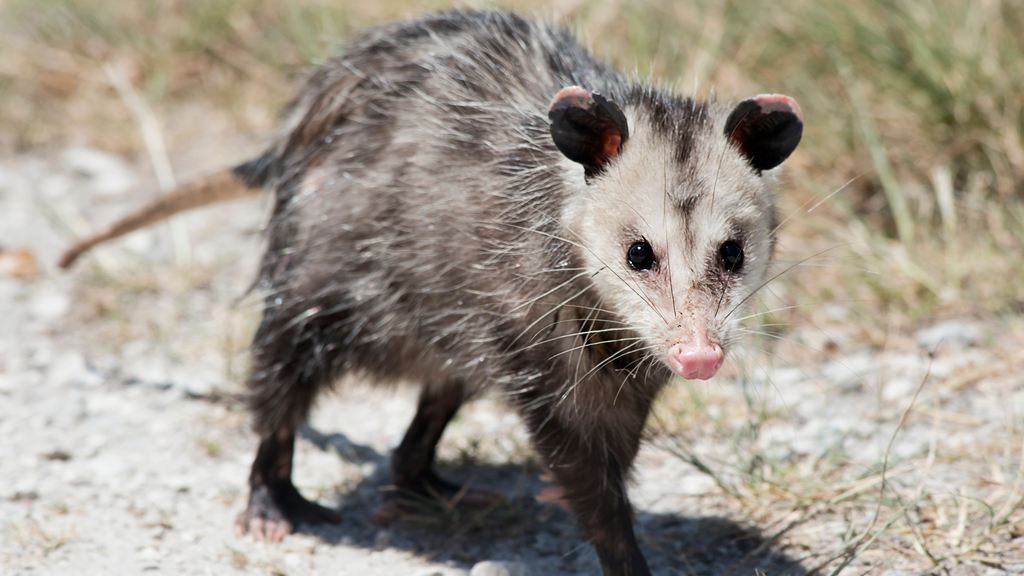
The Fear Factor: Are They Dangerous?
Now, onto the burning question: are opossums dangerous? In the spirit of keeping things factual, opossums are about as dangerous as a potato salad left out at a picnic - not significantly unless seriously provoked. They're shy, retiring types who would much rather put on a dramatic display of playing dead (a.k.a., "playing possum") than engage in a brawl. Their mouths might contain more teeth than any other North American mammal (50, to be exact), but they're far more inclined to use them on snails than on humans.
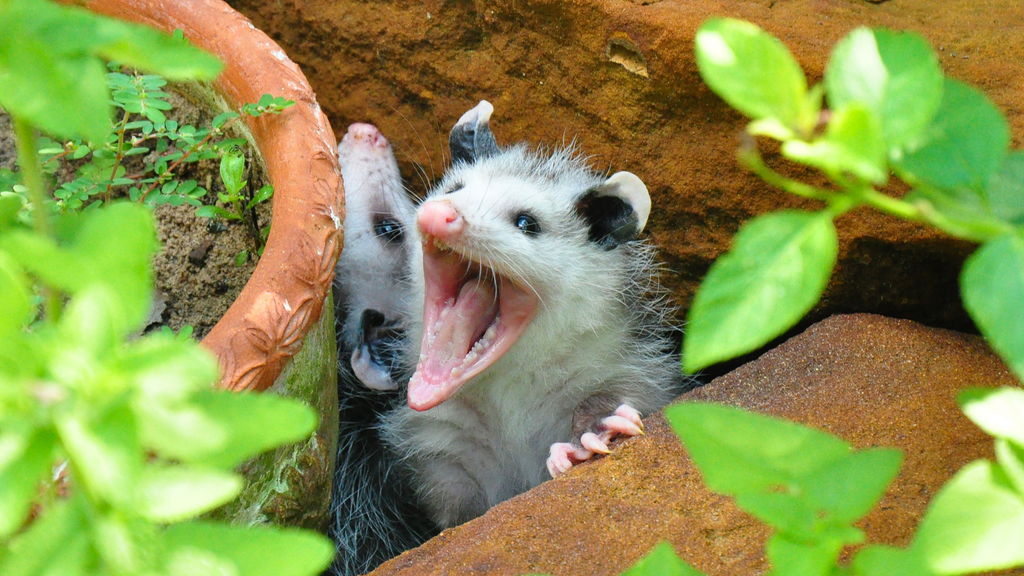
Rabies Rumors: Busted
One of the biggest misconceptions about our marsupial friends is their supposed propensity to carry and spread rabies. The truth? Opossums are remarkably resistant to rabies, thanks to their low body temperature. So, the chances of an opossum transmitting rabies are slim, making them one of the less risky wildlife encounters you might have in your backyard.
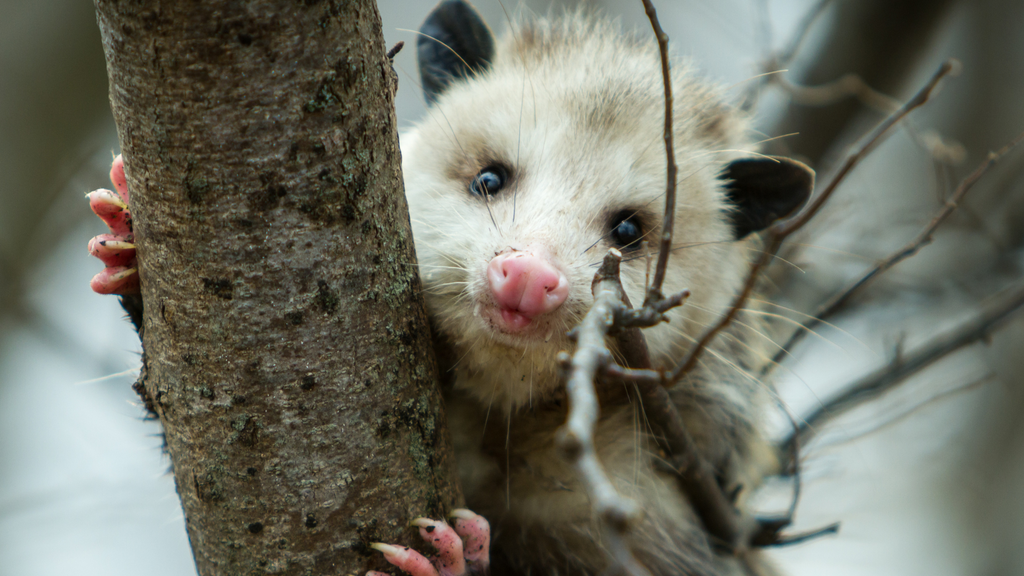
The Opossum's Secret Superpower
Aside from their role as the night shift's pest control, opossums have a trick up their sleeve, or more accurately, in their blood. They have a natural immunity to snake venom, making them one of the few predators of venomous snakes. If you're not a fan of slithery serpents in your garden, an opossum might be the ally you didn't know you needed.
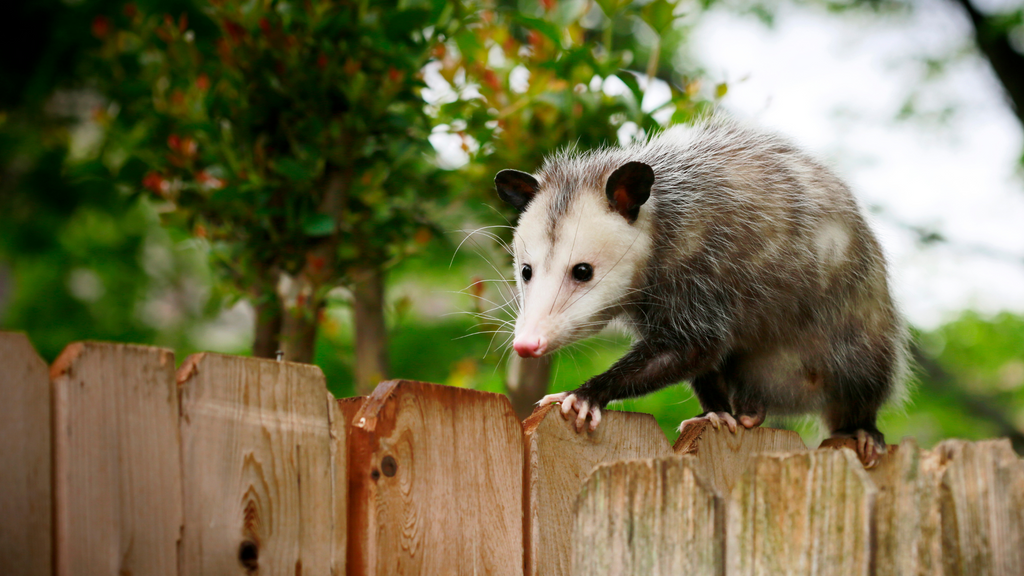
Living with Opossums: A Guide to Peaceful Coexistence
Embracing the presence of opossums in your environment can be a step towards a more balanced and pest-controlled garden. With their non-confrontational demeanor and pest-eating habits, these creatures could be the hidden gems of your backyard biodiversity.
So, next time you spot an opossum shambling through your garden or playing dead in the face of danger, remember that this quirky critter is harmless and beneficial. Every creature has a role in the splendid mosaic of the natural world. The opossum's part is most certainly worth appreciating—not just for the ticks it eats or the gardens it protects but for the reminder that beauty, purpose, and safety can often come in the most unexpected packages.
As we continue to advocate for a world where every being is understood and valued, let's remember the small, the scraggly, and the misunderstood. Because, in the end, isn't the world a more exciting place with a bit of diversity – be it in our ecosystems or on our T-shirts? Remember, every creature has a "BeCause" – even the humble opossum. For more intriguing insights into the world of these fascinating creatures, check out "8 Fascinating Facts about Opossums" on our blog.

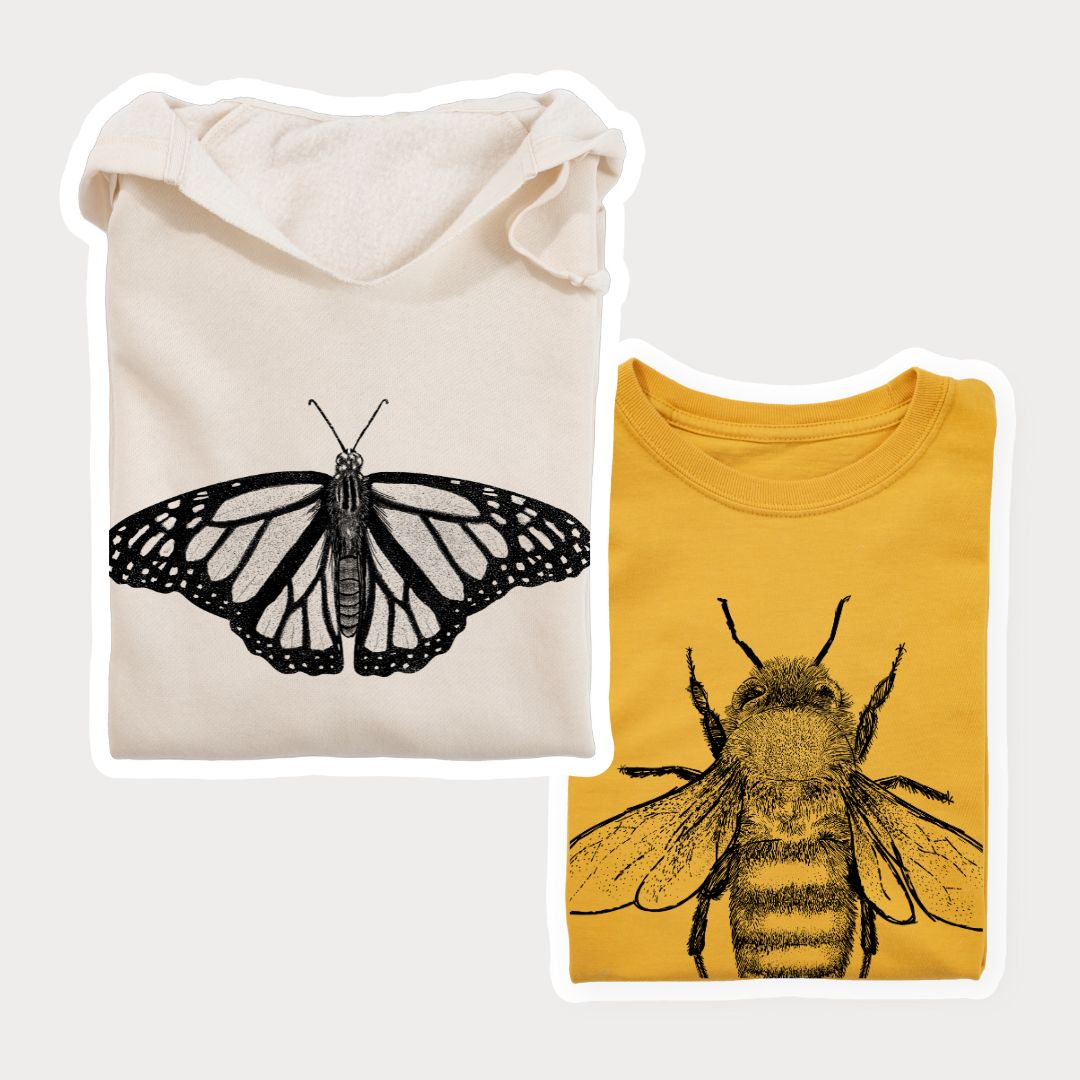


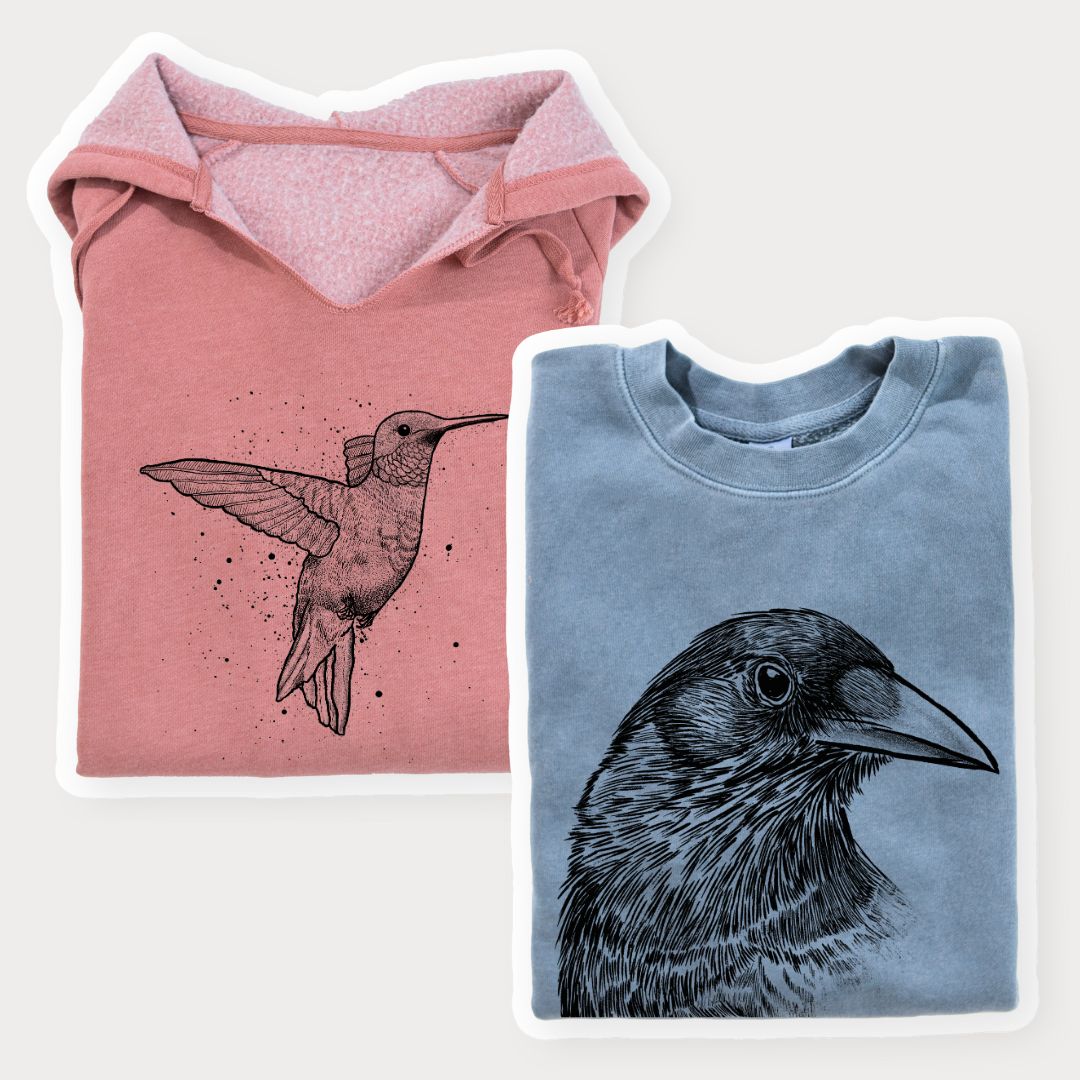
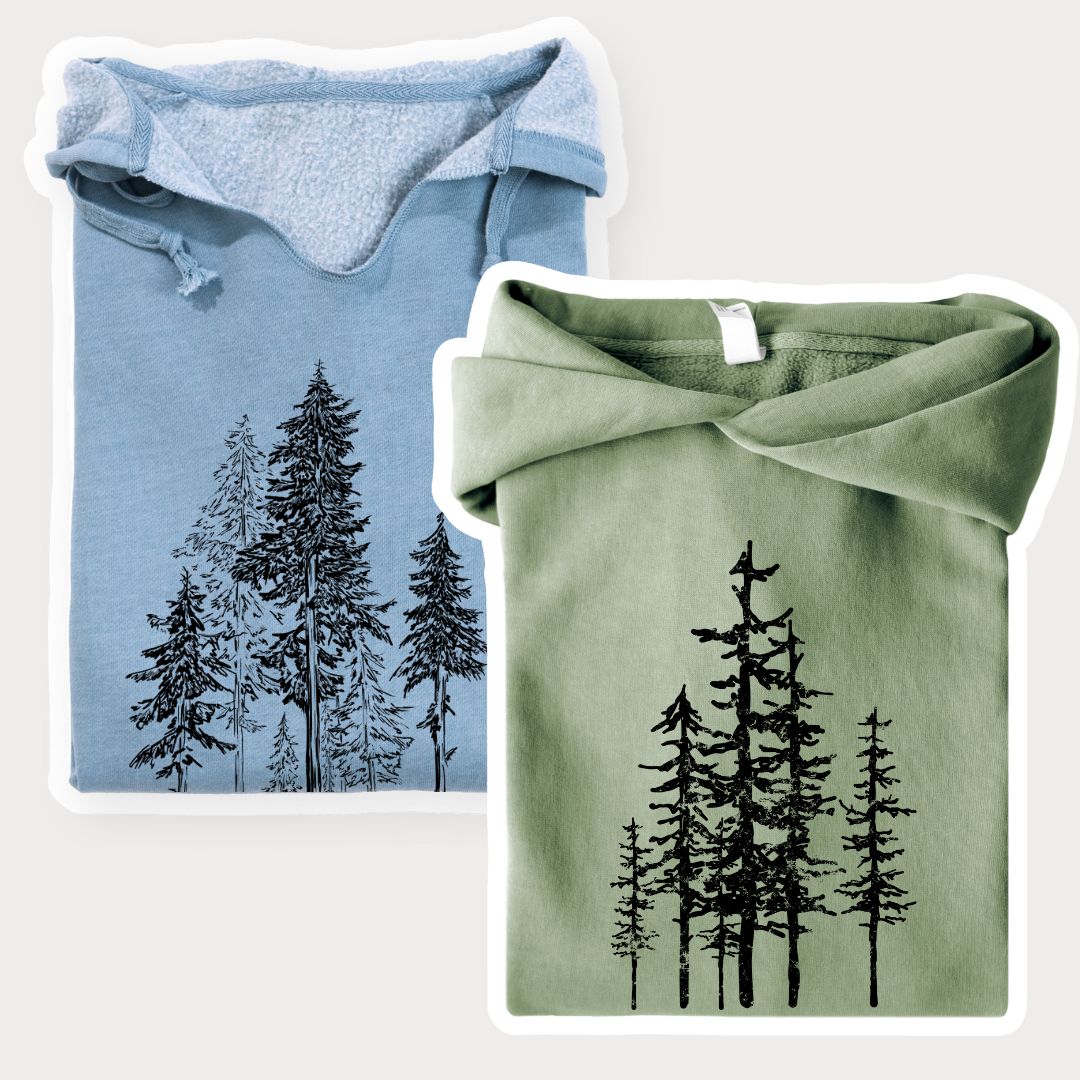



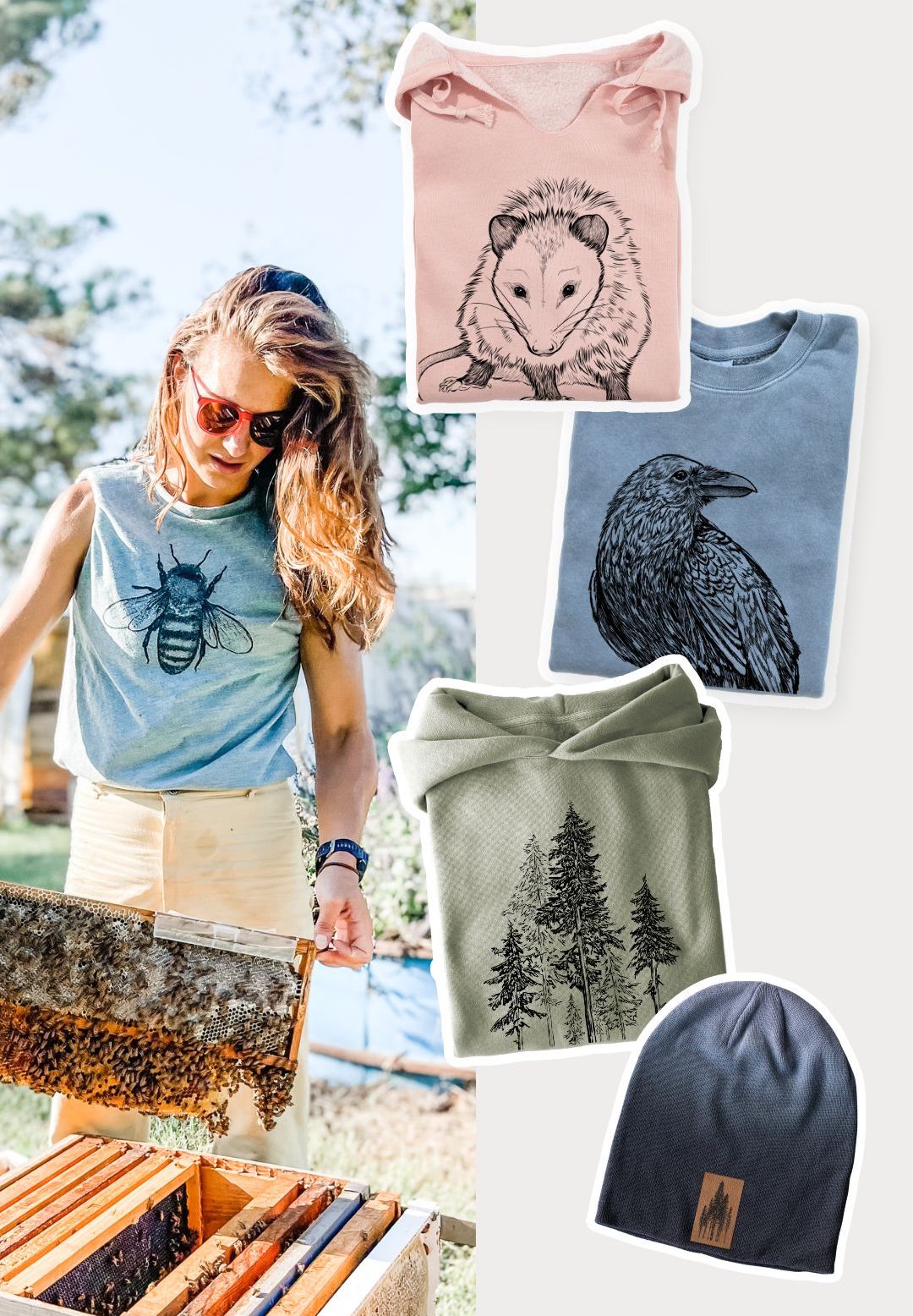



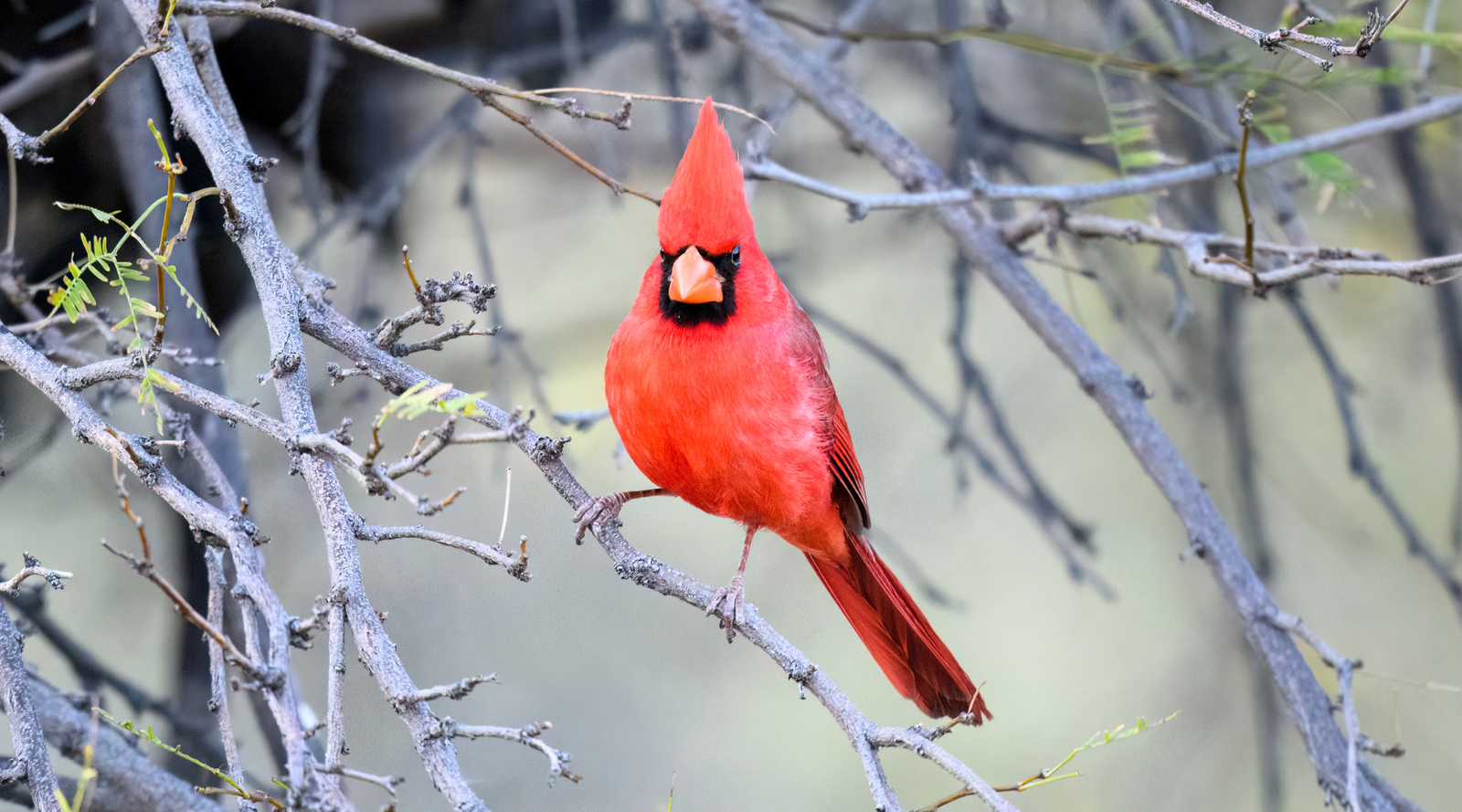

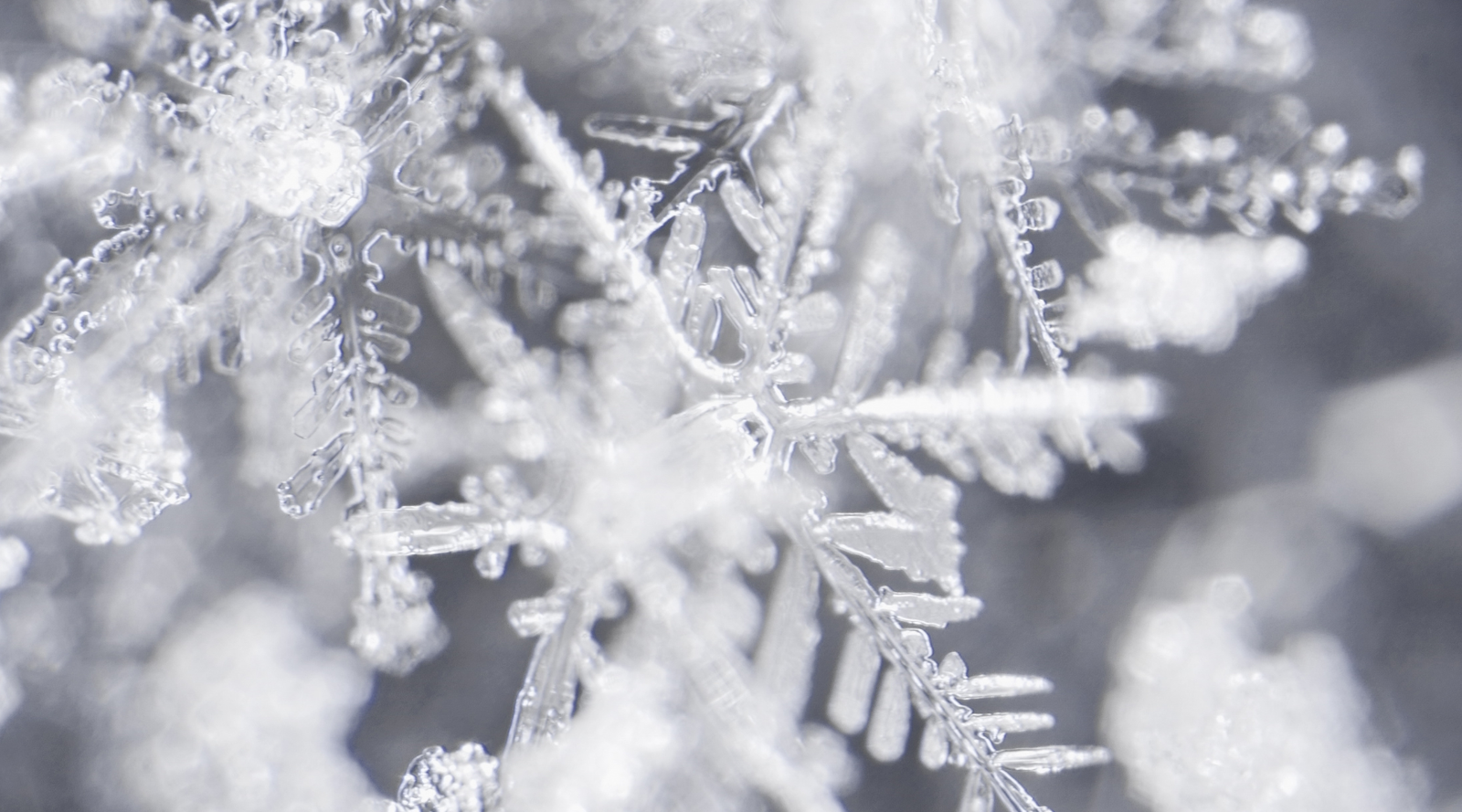
Leave a comment (all fields required)